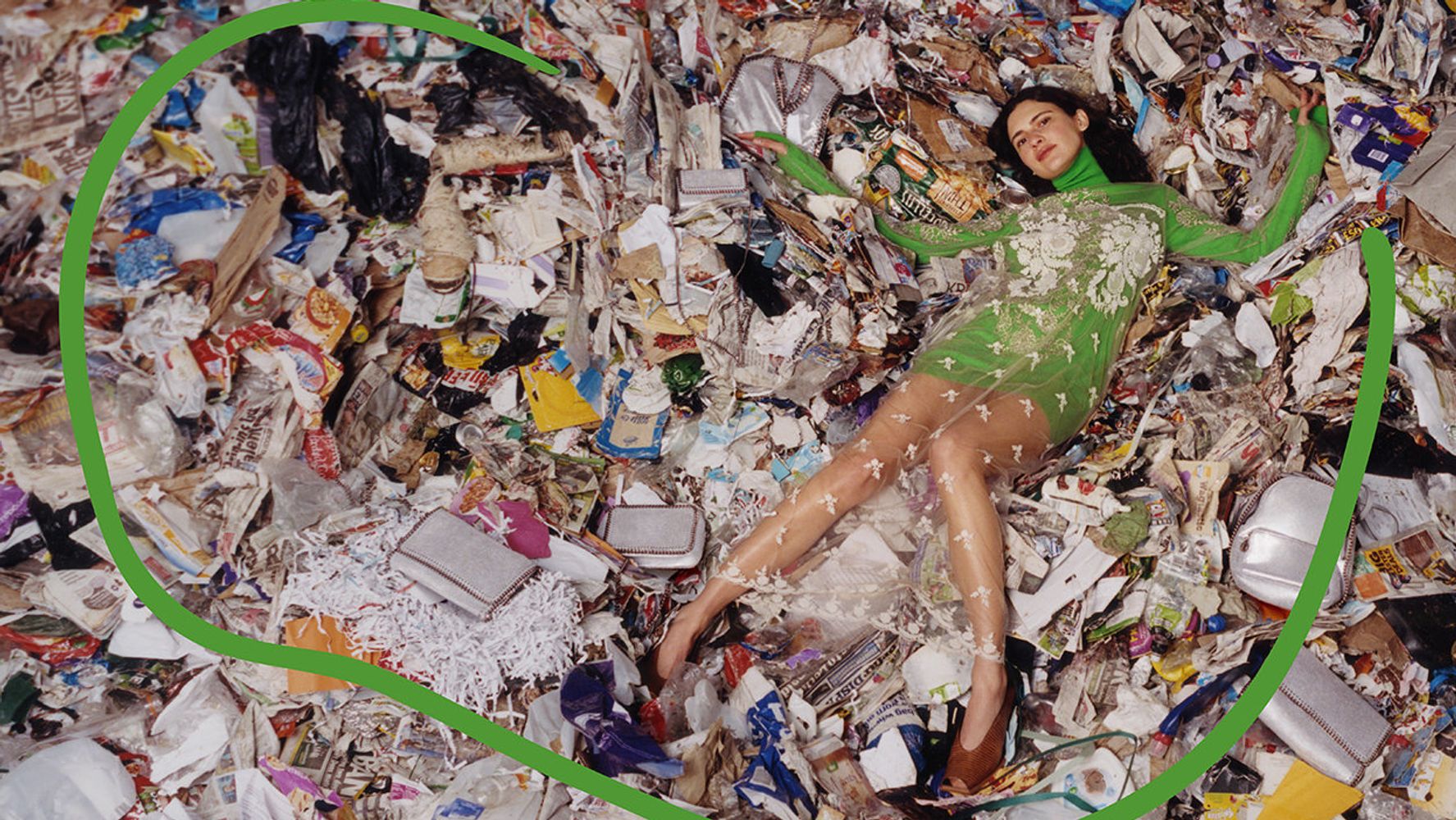#fashion #luxury #tech #sustainable #enviornment
“As luxury fashion faces the growing pressure of reducing the industry’s environmental impacts, sustainable tech is seeing a rise in interest from fashion conglomerates and brands“– Paul Ebeling
Luxury is not associated with sustainability, the concepts are oxymoronic. . What we have not realized is that sustainability is embedded into luxury’s DNA.
Rarity in the luxury market is linked to the use of rare resources such as skins, leathers, and pearls that depend on environmental sustainability in terms of the preservation of natural resources. On that basis, luxury depends on sustainability, and sustainability finds luxury an ally.
“It’s all about sustainable solutions,” said designer Stella McCartney in a video posted on her Instagram at the weekend. The brand’s goal is to “swap out the conventional, bigger industries with these new, problem-solving sustainable companies.”
After a $200-M venture capital fund focused on climate solutions, fashion companies and executives alike see opportunity in start-ups pursuing sustainable solutions. Ms. McCartney is currently working with investment firm Collaborative Fund to back early-stage start-ups reimagining materials, ingredients, energy and supply chain; working alongside a leather-alternative producer and kelp-yarn manufacturer.
The amount of capital flowing into sustainable fashion start-ups is still small compared to the size of the challenge. When it comes to sustainability investments, the funding rounds that luxury fashion brands participate in rarely Top $10-M, according to publicly available information on investment tracker CrunchBase. But transforming the industry in line with ambitious climate goals will require investments of between $20 to $30-B annually.
The good news is that there is significant interest from venture capital funds, impact investors and most importantly, large fashion brands. There are growing tailwinds encouraging more interest in the space too, from the maturation and commercialization of recycling technologies and leather alternatives to political changes.
Fashion for Good, a platform that aims to drive the collective movement to environmentally friendly solutions launched 4 yrs ago, it started with a few brands and retailers as its corporate partners. Now, it counts manufacturers among its collaborators too. “We realized how important it was to get those upstream suppliers at the same table,” said its director of strategy and development at Fashion for Good. “We felt like it was really important to create these opportunities for a cross-pollination of ideas, but also co-development across the entire fashion industry.”
Have a prosperous day, Keep the Faith!









